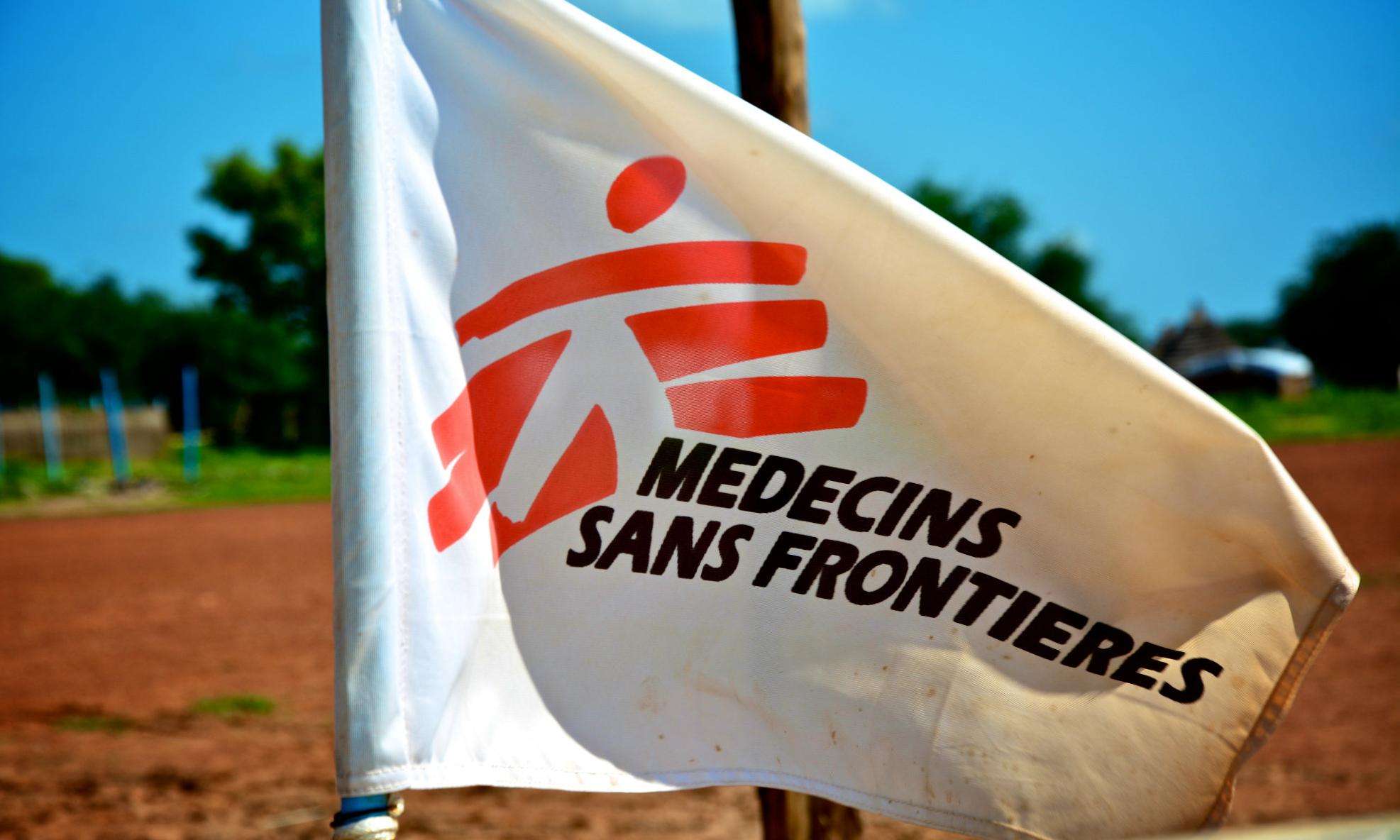BRUSSELS/NEW YORK—Thirteen hospitals and clinics that receive support from Doctors Without Borders/Médecins Sans Frontières (MSF) have been damaged or destroyed over the past three days amid an extraordinary increase in bombing and shelling over the Syrian enclave of Eastern Ghouta, MSF said today. Meanwhile, lifesaving medical supplies urgently needed to treat mass casualties are being restricted by the ongoing siege on the area.
MSF calls urgently on the government of Syria and all other warring parties, and on any traders in Eastern Ghouta who may be stockpiling medical items, to make these supplies available immediately to the medical facilities that need them to save lives.
MSF reiterates its call for medical personnel, patients, and medical facilities to be spared in the conduct of this conflict, and for medical evacuations to be allowed out of Eastern Ghouta for critical patients, in accordance with international humanitarian law.
"The need for lifesaving care is as high now in Eastern Ghouta as we have known since the start of the war," said Lorena Bilbao, MSF operations coordinator for Syria. "We make a plea to those in and around Eastern Ghouta with medical supplies to urgently grant access to those stocks to the medics in Eastern Ghouta—lives depend on it."
MSF is able to maintain supply lines of some basic medical essentials to the facilities MSF regularly supports and ad-hoc medical donations to other facilities in dire need, says Bilbao. But there are some supplies that MSF does not have access to which could make a material difference to the lifesaving work of Syrian medics on the ground.
The war in Syria has taken a heavy toll on Eastern Ghouta, an opposition-controlled area near Damascus where local medical facilities supported by MSF have reported that more than 1,600 people were wounded and 180 people died from January 1 to February 18 alone.
The bombing and shelling then intensified even further, with initial reports from MSF-supported facilities of 1,285 wounded and 237 dead over the past three days, from February 18 to early this morning. This is only a partial view of the consequences of the bombing, as facilities that MSF does not support have also treated wounded people, and the numbers have been rising hourly.
The siege around Eastern Ghouta has effectively stopped key lifesaving items reaching the medics in sufficient quantities. Official aid convoys from the United Nations and International Committee of the Red Cross are rarely allowed in, and even then, items including anesthetic supplies are systematically forbidden or removed. There are reportedly some medical stocks inside Eastern Ghouta, which the medics are not currently able to access.
Although MSF has some remaining capacity to supply medical facilities with a range of essential medicines and medical supplies, the siege around Eastern Ghouta makes these items insufficient. For example, MSF currently has supplies of intravenous fluid pouches to cover about 200 severe trauma cases and 2,000 moderate cases, and sutures for wound treatment or surgery for 2,000 to 3,000 patients. But MSF and the facilities that MSF supports have completely run out of blood bags, general anesthetic drugs, and intravenous antibiotics, which are critical for major surgery.
MSF directly operates five health facilities and three mobile clinic teams in northern Syria and has partnerships with five facilities. MSF also provides distance support to about 50 health facilities in areas of Syria where teams cannot be directly present, including regular support to 11 facilities in Eastern Ghouta as well as emergency ad-hoc medical donations to other facilities when they are in dire need.
No MSF staff members are present in supported facilities. MSF's activities in Syria do not include areas controlled by the Islamic State group since no assurances about safety and impartiality have been obtained from their leadership, nor can MSF work in government-controlled areas since MSF's requests for permission to date have not resulted in any access. To ensure independence from political pressures, MSF receives no government funding for its work in Syria.




